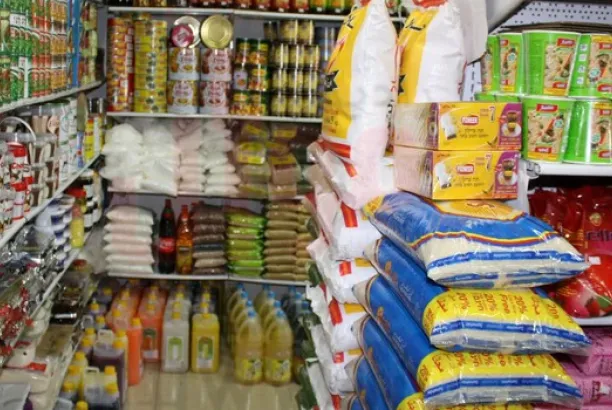
| Economic articles
From Cash Liquidity to Structured Salaries: A Data-Driven Analysis by Abu Sriwil
Dr. Yassin Abu Sriwil, an international trade expert, delves into Libya’s escalating economic challenges, revealing the impact of unstable financial policies on citizens and their families. In his article, he likens public salaries—an essential right—to credit facilities, questioning the current mechanisms and their repercussions.
The Core Issue: Numbers Speak
- Delayed Salaries
- Public sector employees, 70% of Libya’s workforce, face salary delays averaging 60-90 days, leaving them financially vulnerable.
- Increased Demand for Cash
- Cash demand surged by 25% in 2024 compared to 2023.
- Black market cash transactions exceed 40 billion Libyan dinars annually.
- Imposed Credit Facilities
- Credit system deductions reach 60% of actual salaries.
- Digital payment withdrawals incur additional fees of 1-5%.
Role of Key Institutions
- Central Bank of Libya
- Promised full liquidity by November 2024 but revised projections to 2025.
- Despite lifting withdrawal limits, citizens bear extra costs under credit facilities.
- Government
- Public spending hit 112 billion dinars in 2023, with 40% allocated to salaries.
- Projections for 2024 indicate a 30-40% rise due to political divisions and duplicate spending.
Consequences of Current Policies
- Increased Black Market Reliance
- Citizens lose 10-15% of their salaries obtaining cash.
- Black market salary transactions exceed 5 billion dinars annually.
- Shadow Economy Growth
- The informal sector expanded by 35% in five years, now contributing over 40% of GDP.
- Financial Drain on Families
- Families spend 15-20% of their monthly income to bridge gaps caused by delayed salaries and high banking costs.
Proposed Solutions
- Regular Cash Flow
- Ensure monthly cash injections of at least 10 billion dinars into banks.
- Standardize salary disbursement by the 5th of every month.
- Reducing Black Market Dependency
- Monitor money exchange offices with high-interest rates.
- Launch government platforms for timely electronic salary transfers.
- Transparency and Anti-Corruption Measures
- Address banking corruption draining 15% of GDP.
- Reform subsidies to target productive sectors effectively.
- Formal Economy Boost
- Increase investments in infrastructure and essential services by 10% annually.
- Implement flexible policies to reduce the informal economy by 5% annually.
Conclusion
Amid central bank delays and government shortcomings, Libyan citizens remain the most affected. Sustainable solutions grounded in accurate data and political will are essential. Transforming salaries from a burden to a stabilizing economic tool can restore family stability and reduce reliance on the informal economy.





